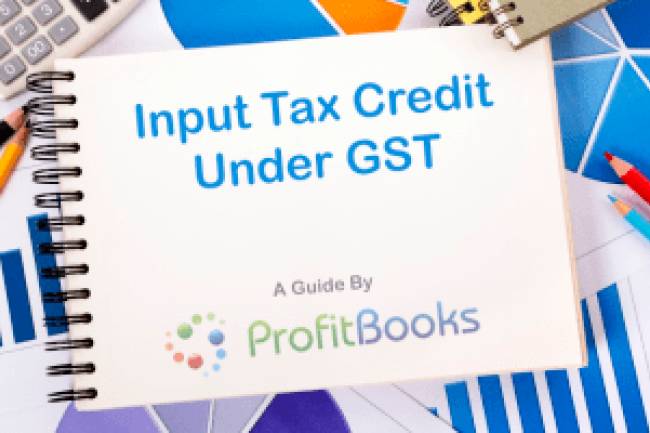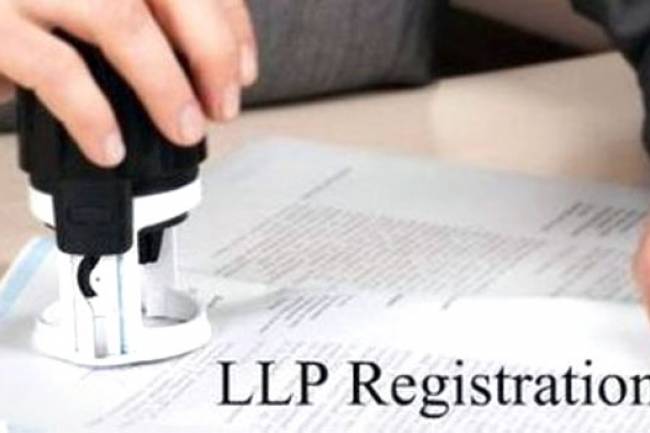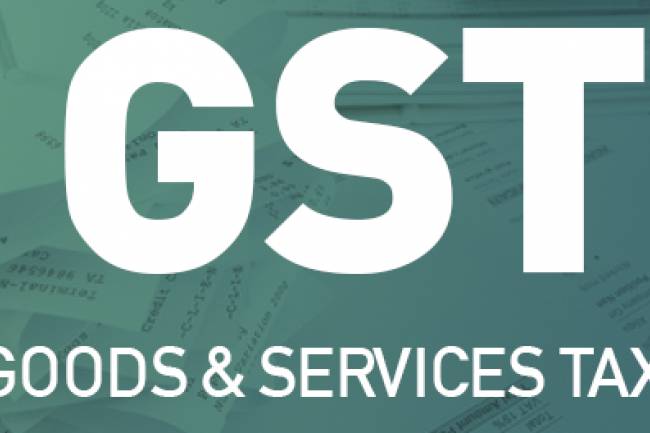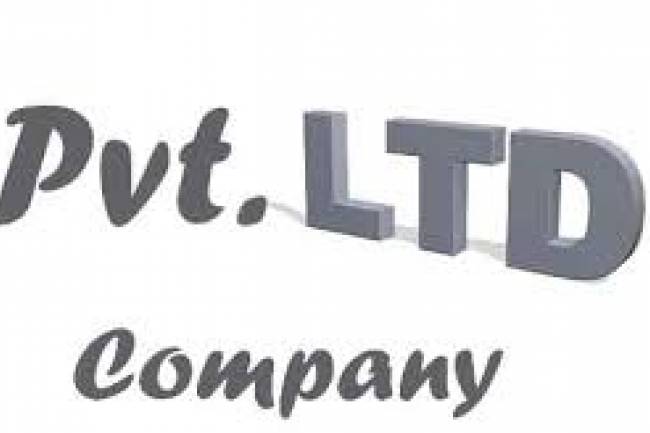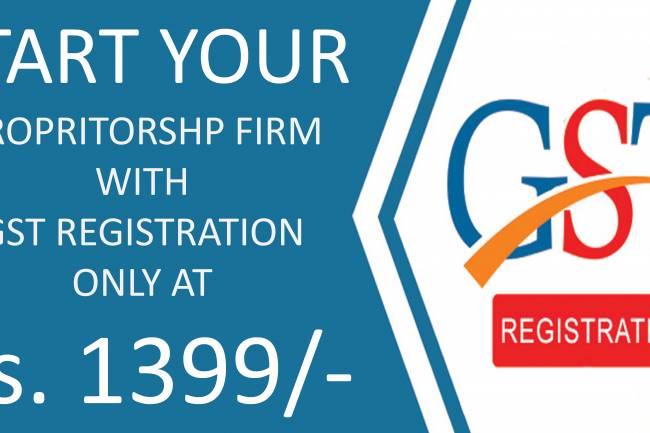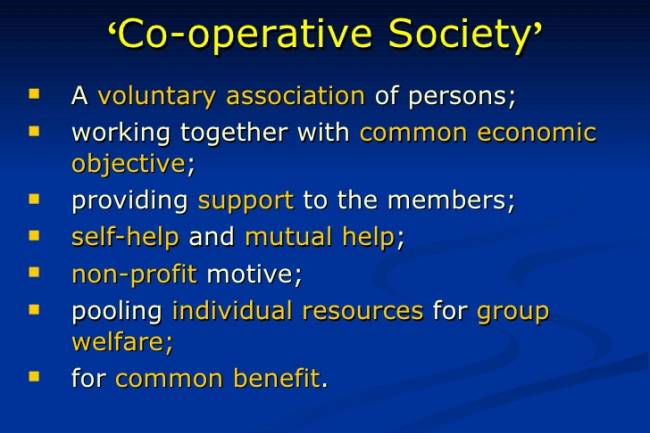
Exemptions For Private Limited Companies Under Companies Act, 2013
The presentation of the Companies Act of 2013 had a noteworthy effect in the corporate world, with the expansion of the new arrangements to ease working together in India. Be that as it may, this new Act had pulled back a few exclusions which were being delighted in by the private constrained organizations in the Companies Act of 1956, leaving private restricted organizations to conform to a few prerequisites. The article beneath gives an outline of the exceptions which are being allowed to Private Limited Companies under the altered demonstration.
In light of the worries and the input raised by the related people and specialists, the Act has been additionally altered a few times unwinding a couple of arrangements in that, along these lines going for a business-accommodating India.
A notice made on 05th June 2015 told the exclusions for privately owned businesses from specific arrangements of the Companies Act 2013. The warning was issued by practicing the forces which were given to the Central Government by statements (an) and (b) of segment 462(1) and in compatibility of segment 462(2) of the Companies Act, 2013. The Ministry of Corporate Affairs has likewise altered the Companies (Incorporation) Rules 2014 various circumstances and is currently with its fifth correction which came into constrain on January 1, 2017.
The article underneath examines the exclusions accessible for a privately owned business in view of the notice made on June 2015.
Features
In Companies Act of 2013, least paid up capital necessity for a Private Limited Company was Rs.1 lakh. This has been revised, and as on date, there is no base paid up capital required for a Private Limited Company
These exceptions made accessible through the notice are identified with the accompanying arrangements:
Related gathering exchanges
Offer capital
Open stores
Meeting Requirements
Assentions and resolutions
The inspector qualification
Chiefs
Energy of the board
Senior Management Appointment
Related Party Transactions
As per the Companies Act of 2013, organizations are required to get the board's endorsement or a unique determination with the investors agree concerning the related party exchanges.
The Act is corrected for privately owned businesses as meaning of the expression "related gathering" gave in the condition (76) of area 2 has been changed in connection to segment 188 of the Companies Act whereby the exchanges of a privately owned business with exempted substances won't be thought to be a "related gathering exchange" and won't require consistence with the arrangements of Section 188 of the 2013 Act.
In this way, any agreement or course of action between a privately owned business and the exempted substances like a holding organization, auxiliary organizations, relate organizations and the backups of a holding organization to which such privately owned business is likewise a backup won't require endorsement from Board of Directors or an investors endorsement sometimes.
To put it plainly, the privately owned business isn't required to consent to arrangements of the area 188 of CA 2013 for such exchanges.
It is indispensable to note here that despite the fact that the exempted substances are rejected from the meaning of a 'related gathering', the Director, the Key Managerial Personnel of holding organization or their relatives will keep on being in the extent of related gathering.
Also, the exchange between privately owned businesses where the chiefs or the supervisors are in a similar limit in another, are considered as a related gathering exchange notwithstanding the exception allowed under Section 2(76)(viii).
Besides, the consistence prerequisites on exposure of the related party exchanges will keep on applying to a privately owned business.
Moreover, the arrangements existed under Section 188 of the Act concerning confinements on the related party investors has been lifted, and such related gatherings are permitted to vote at a general meeting of the investors for a determination to favor any agreement or game plans between the organization and a related gathering.
Effect of the exclusion: These exception help a private constrained organization to not consider any exchanges went into by a privately owned business with its holding organization, the auxiliary organization, the partner organization or a kindred backup organization as related gathering exchange.
The authorization for related gatherings voting is an extraordinary help to the privately owned businesses having impartial individuals was not at ordinarily conceivable in privately owned businesses where there are couple of individuals who are generally identified with each other.
Offer Capital
According to Section 43 of the Companies Act, 2013, the Companies are permitted just two sorts of offers, value offers and inclination share capital.
Value imparts to or without the differential rights to profit, voting was permitted, subject to conditions.
According to Section 47 of the Act, the value investors will be qualified for vote on all resolutions, while inclination investors are met all requirements to vote just on the resolutions which will influence their rights or are in connection to twisting up or the lessening of capital of the Company as recommended under the 2013 Act.
Exclusion to the Act gives that both the previously mentioned provisos aren't appropriate to a privately owned business if the articles of affiliation or the notice of relationship of such privately owned business gives so.
In this manner, the privately owned business can have any sort of offer capital as per their articles. To put it plainly, a private constrained organization is allowed to issue any sort of offers subject to their contract archives accommodating it.
Effect of the exception: The unwinding can help the private constrained organizations hoping to raise capital and issue uncommon classes of offers to the financial specialists. As per the specialists, unwinding will dodge challenges in organizing shares and can procure need on the profit, liquidation and the privilege to vote on an as though changed over premise. It is normal that the exception will likewise help in organizing the profits and liquidation inclination to remote financial specialists.
Open Deposits
According to the Companies Act of 2013, organizations are allowed to acknowledge the stores from its individuals subject to the satisfaction of specific conditions according to arrangements of Section 73 of the Act identifying with the acknowledgment of stores viz. round about the budgetary position, FICO score, the store reimbursement holds, store protection and affirmation and so on.
The exception notice indicated that the arrangements under Section 73 of the Act won't be relevant to the private restricted organizations tolerating stores from individuals which are under 100% of its paid up share capital and free holds.
Then again, such exempted privately owned businesses are expected to record subtle elements of such stores from the individuals with the Registrar of Companies in such way as might be determined.
Notwithstanding that, a change on Companies (Acceptance of Deposits) Second Amendment Rules 2015 made on fifteenth September, 2015 exempted the store got from the relative of executive of privately owned business gave such relative outfit a statement that the sum isn't being given out of assets obtained by him by acquiring or tolerating the advance or stores from others and that the organization must unveil cash so acknowledged in the Board's Report.
Meeting prerequisites
The arrangements under the Act with respect to the strategies for gathering general gatherings for a private restricted weren't independently revealed in the Companies Act of 2013. The arrangements were accessible under Companies Act of 1956 for choosing its own particular methodology in regard of lead of its general gatherings.
The alteration made to the Companies Act of 2013 reestablished the forces of the privately owned businesses to choose their own strategy with respect to the direct of general gatherings by consolidating the arrangements in their articles of affiliation.
The important arrangements for such alteration appropriate are for the notice of general meeting in Section 101, the announcement to be attached to see in Section 102, majority for meeting in Section 103, the administrator of gatherings in Section 104, intermediaries in Section 105, the confinement on voting rights in Section 106, voting by show of hands in Section 107 and the interest for survey in Section 109. As indicated by the alteration the previously mentioned arrangements won't have any significant bearing to the privately owned businesses.
Effect of the exclusion: According to the exception the privately owned businesses are helped with the adaptability to choose their own strategy for directing the general gatherings by consolidating the arrangements in their articles of affiliation. In this manner, the privately owned businesses require to reasonably correct their articles and stipulate required arrangements in the same.
Resolutions and Agreements
As indicated by the Section 117 (3)(g) of the Companies Act of 2013, the organizations are expected to record duplicates of Board Resolutions go in specific issues associated with 179(3) of the Act with the Registrar of Companies.
As per the exclusion, the privately owned businesses are exempted from documenting such resolutions and concurrences with the ROC. Subsequently, the resolutions associated with making approaches the unpaid offers, security purchase back approval, the issuance of securities and debentures, organization's store speculation, conceding of advances, the assurance or security for credits, the budgetary explanation endorsement expansion, the procurement or the takeover of another organization and some other issues as to Rule 8 of the corrected Companies (Meetings of Board and its Powers) Rules, 2014 are not required to record with ROC.
In short, privately owned businesses are exempted from recording MGT-14 with the ROC on different arrangements under segment 179(3) and control 8 of the corrected Companies (Meetings of Board and its forces) Rules, 2014.
Effect of the exclusion: With the exception, private constrained organizations are free from the general meeting consistence necessities and in this manner the community to Board Meeting procedures of a privately owned business is confined.
Reviewer
Visit HireCA.com Now

